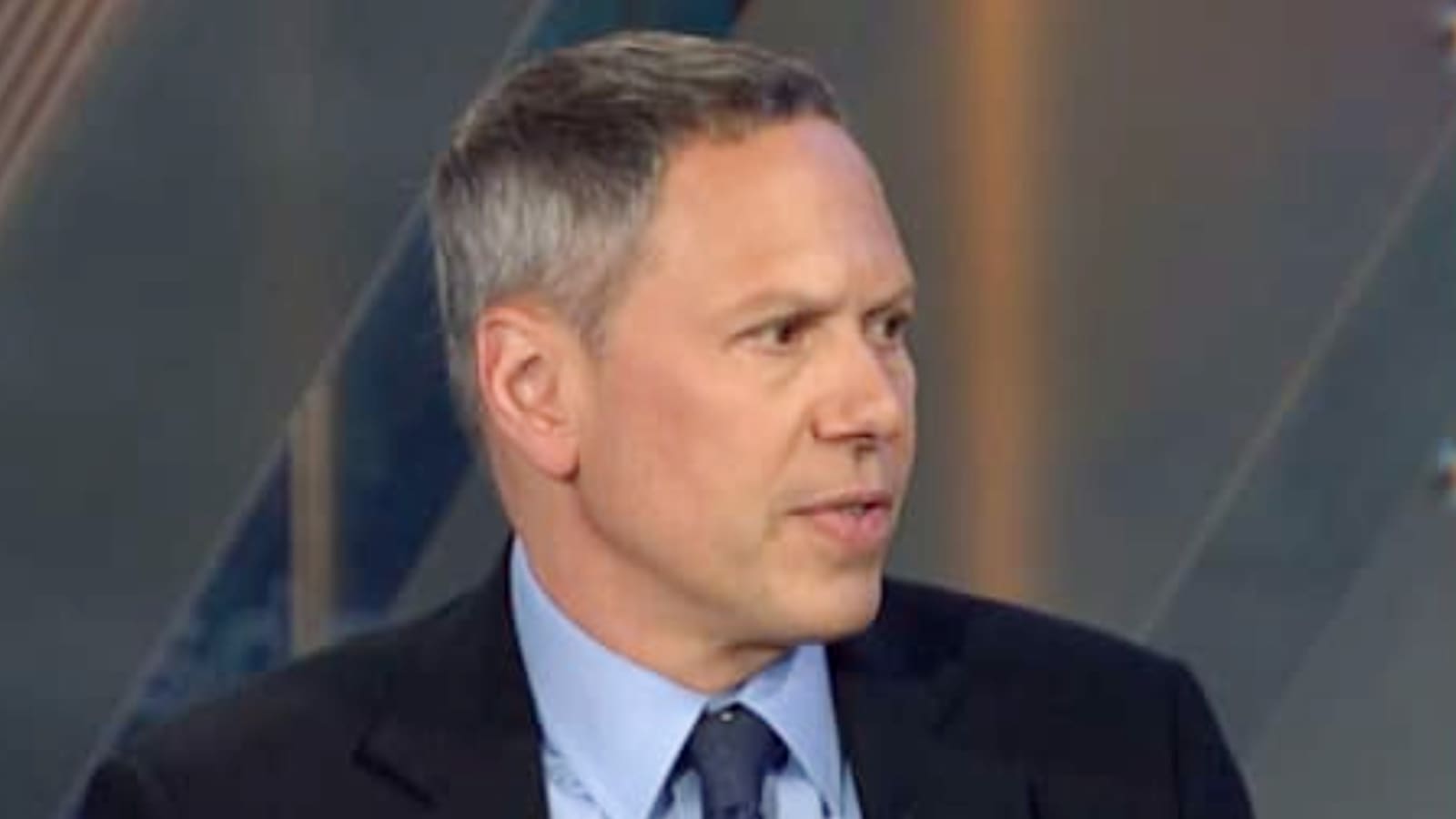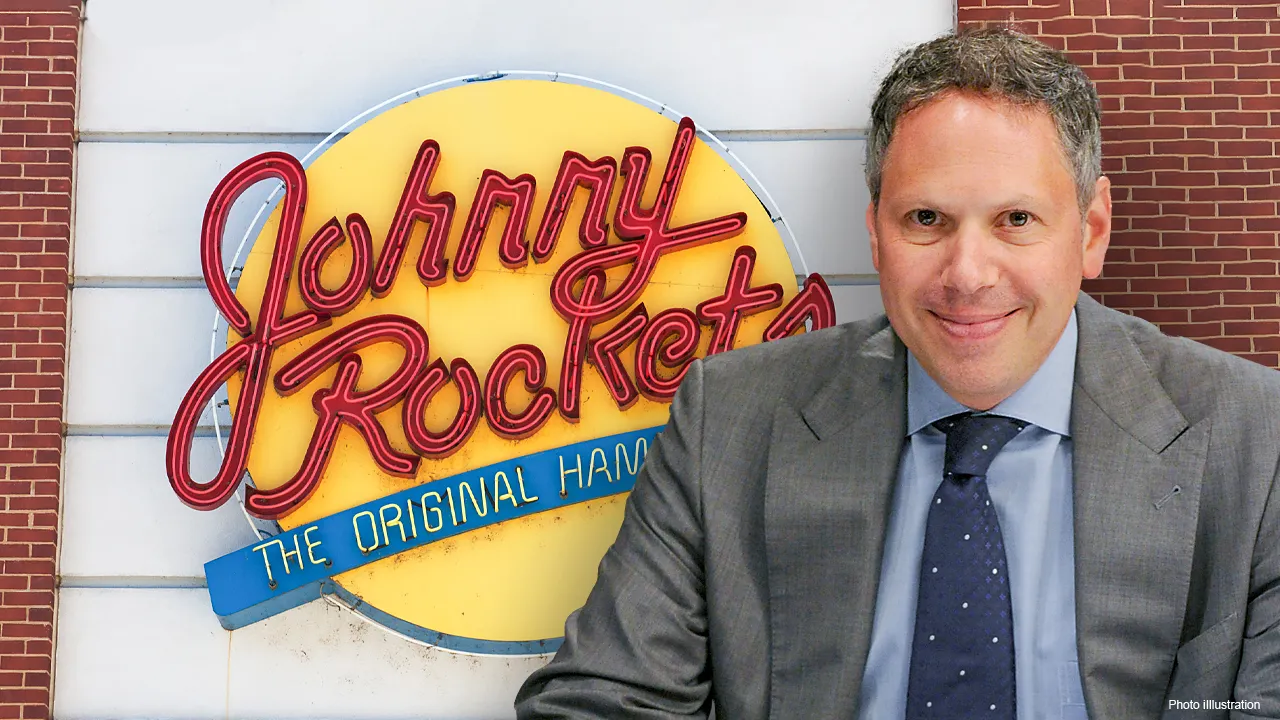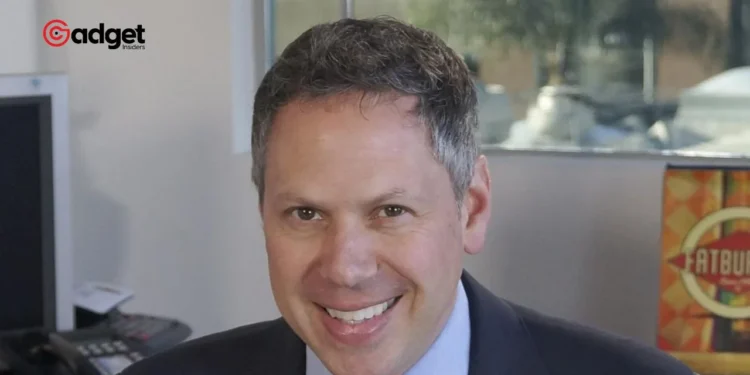In a startling development that has shaken the corporate and financial sectors, Andy Wiederhorn, the influential Chairman of FAT Brands, finds himself ensnared in a complex web of legal accusations ranging from tax evasion to wire fraud. The case, set to see Wiederhorn arraigned this Friday in United States District Court in downtown Los Angeles, marks a significant fall from grace for the once-revered business leader.

The Allegations: A Decades-Long Scheme
Wiederhorn, along with former FAT Brands CFO Rebecca D. Hershinger and public accountant William J. Amon, is accused of concealing upwards of $47 million in what were reported as shareholder loans. This alleged financial misconduct includes hiding taxable income and evading millions in taxes, leading FAT Brands to breach federal laws against extending credit to public CEOs in loan form.
Specific charges against Wiederhorn include one count of obstructing the Internal Revenue Code’s administration, six counts of tax evasion, and various counts related to making false statements and wire fraud. These charges culminate in accusations of a deceptive practice where Wiederhorn, acting as both ‘lender’ and ‘borrower,’ orchestrated the extension and forgiveness of substantial sums under the guise of loans, evading income tax and exploiting these for beneficial tax treatments for FAT Brands.
🚨📉 #FatBrands stock crashes! Company & ex-chair Andy Wiederhorn charged over a $47M "sham" loan scheme. Wiederhorn had resigned as CEO amidst an SEC probe last year. 🕵️♂️💼The group includes Fatburger, Johnny Rockets, & Twin Peaks. What’s next for these brands? 🍔🚀#SEC pic.twitter.com/epFO77KMS1
— Money Masters (@moneymastersapp) May 10, 2024
Luxurious Lifestyle Funded by Alleged Fraud
The indictment also details lavish expenditures that Wiederhorn and his family allegedly funded using these mischaracterized disbursements. These include private jet travel, vacations, luxury vehicles like a Rolls Royce Phantom, jewelry, and even a piano. None of these ‘loans’ required collateral or typical commercial loan standards, enhancing suspicions around their legitimacy.

FAT Brands Under Fire: Allegations and Corporate Governance Crisis
This legal scrutiny extends beyond Wiederhorn; FAT Brands itself faces allegations of arranging unauthorized loans approximating $2.65 million to its chairman, as well as the broader implications of corporate governance failures. In response, Brian Hennigan, legal counsel for FAT Brands, defended the company, describing the charges as “unprecedented, unwarranted, unsubstantiated, and unjust.”
The indictment also paints a picture of a businessman who, after facing previous legal repercussions—including a prison sentence for similar misconduct—continued a pattern of questionable financial practices. This included significant control over corporate decisions, culminating in the removal of board members and the installation of non-independent directors, including Wiederhorn’s own children and their grandfather, to consolidate his influence.

Broader Implications and Industry Reactions
The case against Wiederhorn is not just a personal or corporate drama but reflects broader concerns about accountability and transparency in corporate governance. As federal agencies tighten their scrutiny, this case may serve as a cautionary tale for executives and companies alike about the dire consequences of financial impropriety.
Krysti Hawkins, acting assistant director in charge of the FBI’s Los Angeles field office, and Tyler Hatcher, IRS special agent, have both emphasized the broader impact of such actions, underscoring the damage to shareholders, the market, and trust in the American tax system.
As the court date approaches, the industry watches closely, as the outcome of this high-profile case could send ripples through corporate America, prompting a reassessment of executive powers and financial integrity within publicly traded companies.










